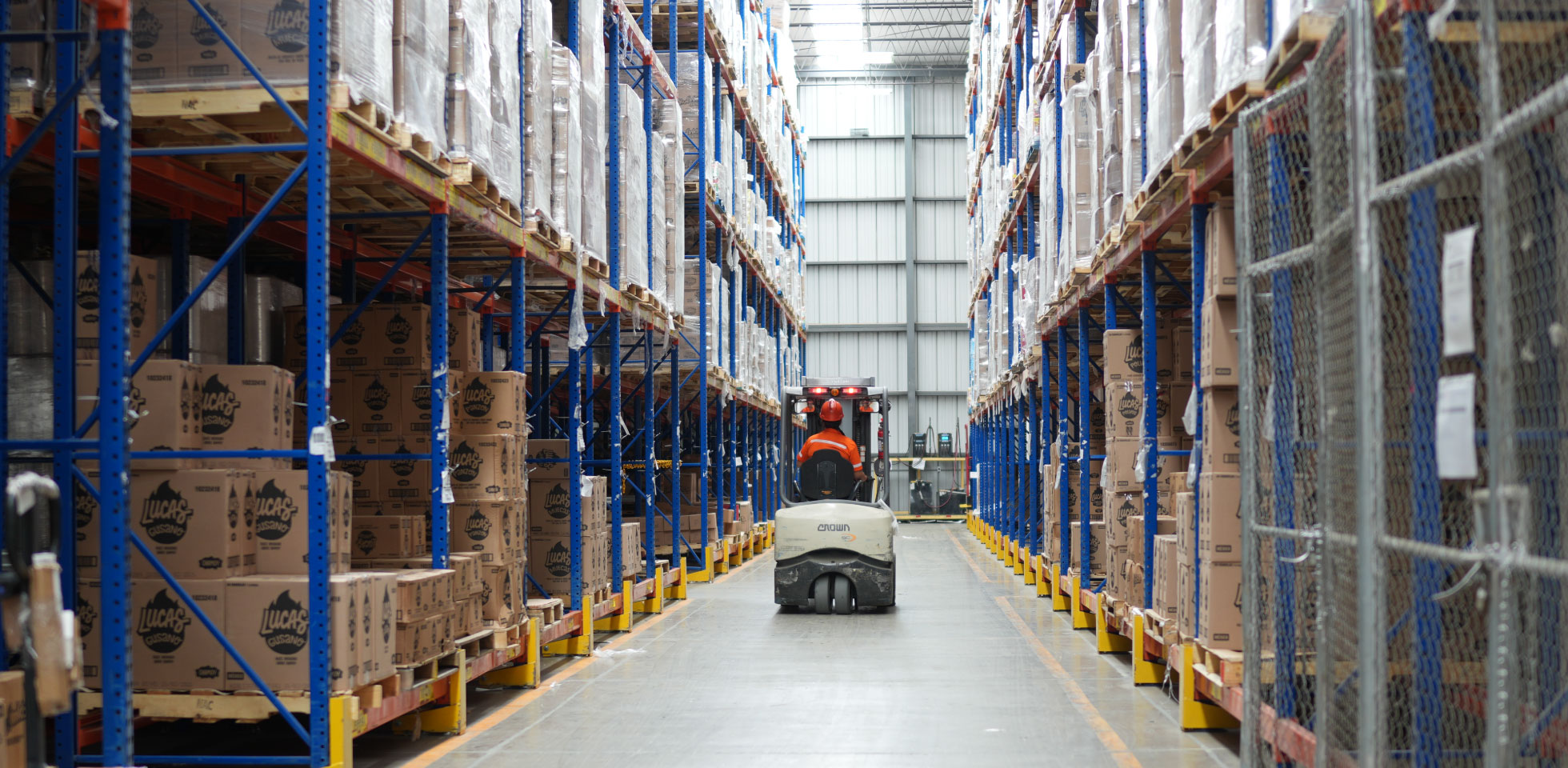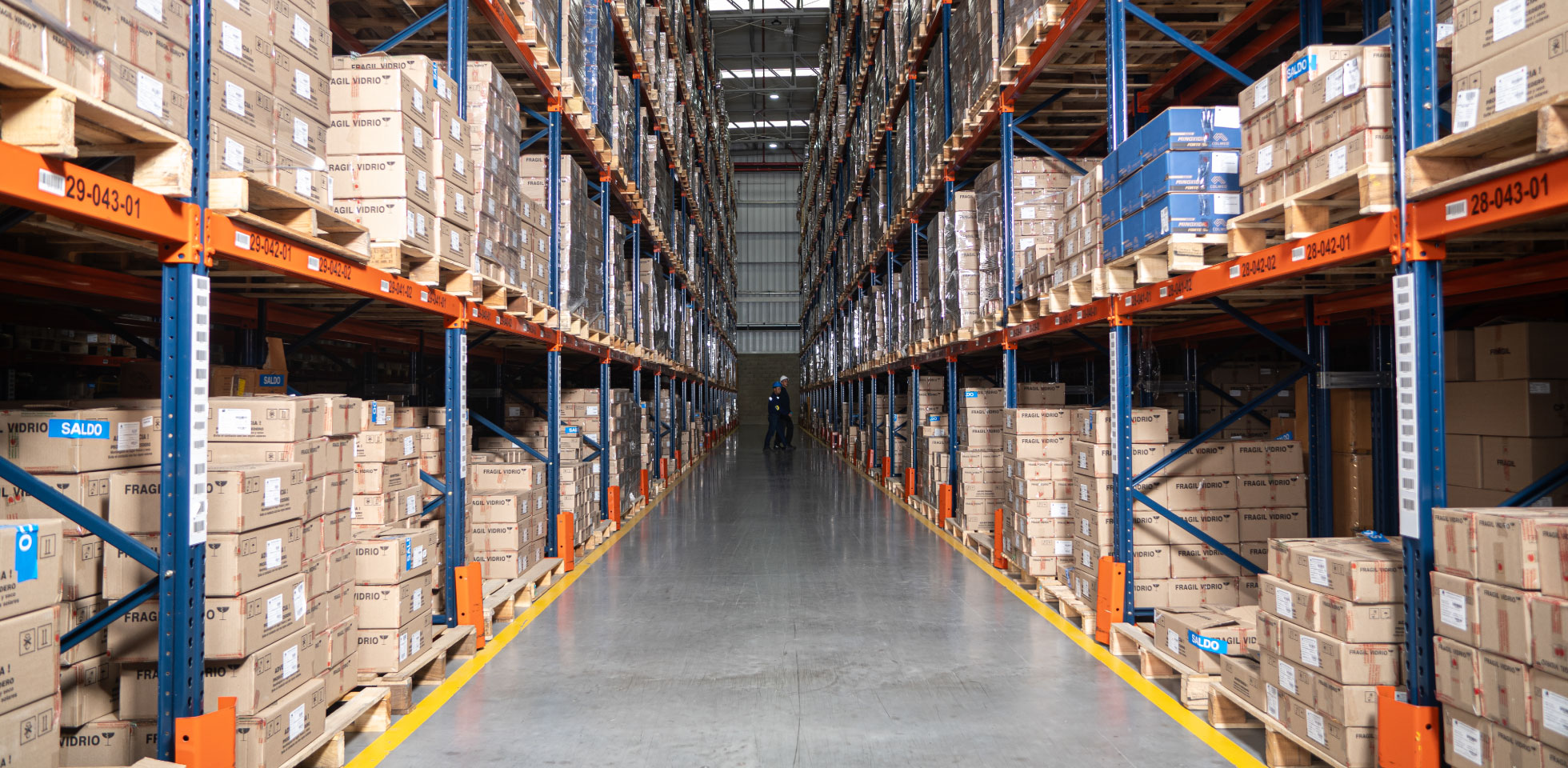Facing the changes promised by NAFTA’s renegotiation, it is important for us to foresee the impact this will have on the supply chain so we can plan the actions the logistics sector must carry out to adapt to these changes.
The regional content of manufactured products is still a delicate issue in the conversations between Canada, Mexico, and the United States.
In the case of Mexico, the automotive and electronics industries are experiencing the biggest uncertainty because many of their components are supplied by Asian and European companies who have taken advantage of this trade agreement to bring their products to the American and Canadian markets.
A well-stocked supply chain
With the participation of these companies, which do not belong to NAFTA, the large car and TV makers settled in Mexico have set up a comprehensive supply chain that moves components and products back and forth between the borders.
The logistics and distribution activities of many other products, ranging from petrochemicals to foodstuffs, add to this, and we calculate the storage and transportation industries will be the most damaged by the expected modifications to the North American Trade Agreement; and particularly worse if the agreement is cancelled.
Risks foreseen by business leaders
This concern was manifested in the latest survey carried out by KPMG of Mexican business leaders.
In its report "Points of View of Top Mexican Managers 2018", KPMG quoted the opinions of 906 survey respondents regarding the impact of NAFTA’s renegotiation on business processes.
According to the number of times they came up, these are the areas people think more likely to be affected:
- 28%, supply chain
- 24%, regulatory issues
- 19% logistics and distribution
- 19% transfer prices
- 11% fiscal reports
For experts, NAFTA’s renegotiation risks regarding transportation focus on a reduction in the flow of imports and exports.
However, we must consider the issue relating to the opening of the United States’ border to Mexican trucks and trailers which has been avoided in the conversations so far.
A solid service infrastructure
Facing these challenges, logistics companies must get ready to adapt to a new reality based on boosting trade with other parts of the world.
Mexico has a wide network of trade agreements and promotion of investment with nations all around the world which it has strengthened and extended to respond to the possibility of having a negative result in the negotiations with Canada and the United States.
In the words of President Enrique Peña Nieto, Mexico is now "a logistics center for global trade flows and a natural bridge between several regions in the world."
Even when promoting a diversification of exports wouldn’t match the level of trade with the neighbors from the north in the beginning, it is a good start.
Mexican companies can still use to their advantage the country’s location, the existing infrastructure, and the strong base of domestic and international suppliers to maintain their operations and, even to grow.
The importance of a solid logistics supplier
Facing this changing commercial landscape, each company needs to carry out an in-depth analysis of its logistics needs for moving, storing, and handling inventories. Trends such as reverse logistics demand new and profitable operation models, and, thus, it becomes critical to have a strategic 3PL partner that contributes efficiency and innovation to the supply chain, freeing the company to focus on its business goals and become more competitive in the market.
Exports and imports companies in Mexico will remain profitable and growing as long as their logistics and distribution supplier quickly adapts to the upcoming changes.
The renegotiation of the free trade agreement with Canada and the United States poses risks and challenges to different types of companies. Hiring the services of 3PL suppliers gives companies greater operational optimization, competitiveness, safety, and better customer service, which will help them be ready quickly to continue growing.






